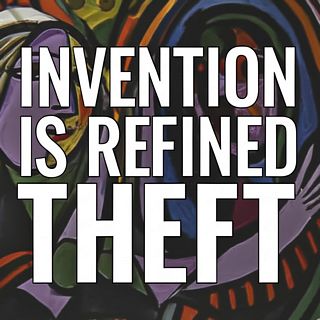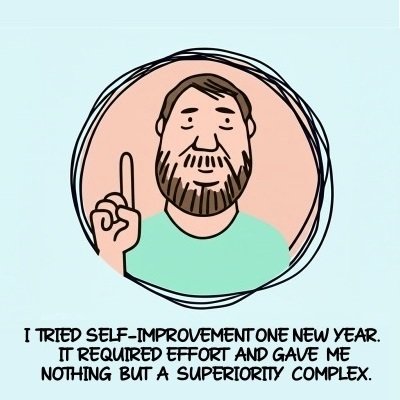 Originality is often idolized, portrayed as a spark of genius that materializes out of thin air. But the truth is far more practical: most great ideas begin as refined imitation. Innovation isn’t rebellion; it’s mutation. It builds upon what has come before and reshapes it into something unexpected.
Originality is often idolized, portrayed as a spark of genius that materializes out of thin air. But the truth is far more practical: most great ideas begin as refined imitation. Innovation isn’t rebellion; it’s mutation. It builds upon what has come before and reshapes it into something unexpected.
- Kia was once known for borrowing from brands like Lotus and Mercedes. But it wasn’t until designer Peter Schreyer brought fresh vision to models like the Soul and Optima that the company redefined itself. That transformation didn’t come from rejecting influence—it thrived on it.
- Before Picasso revolutionized art with Cubism, he studied classical techniques obsessively. His groundbreaking work didn’t stem from ignorance of tradition. It emerged by breaking it down after mastering it.
- Xiaomi echoed Apple’s minimalist design in its early years, drawing criticism as a clone. But the company quickly proved itself with a unique operating system, bold marketing, and a sprawling ecosystem of devices that rivaled industry leaders.
Idea for Impact: Copying clever people is less foolish than pretending you are one. All creation is derivative. Imitation provides the structure upon which novelty is built. Originality is its offspring, not its opposite.
 The new year marked
The new year marked  Dry January is marketed as a
Dry January is marketed as a  Few things feel more exhausting than the annual tradition of drafting New Year’s
Few things feel more exhausting than the annual tradition of drafting New Year’s  Modern life tempts us toward simple ideals—peace, joy, freedom—but wisdom lies in reimagining these not as escapes from discomfort, but as quiet, sustained negotiations with the
Modern life tempts us toward simple ideals—peace, joy, freedom—but wisdom lies in reimagining these not as escapes from discomfort, but as quiet, sustained negotiations with the  Procrastination isn’t just waiting—it’s the surrender of agency.
Procrastination isn’t just waiting—it’s the surrender of agency. Optimism’s useful—good for your mind, body, and well-being. But it’s not a cure-all.
Optimism’s useful—good for your mind, body, and well-being. But it’s not a cure-all.